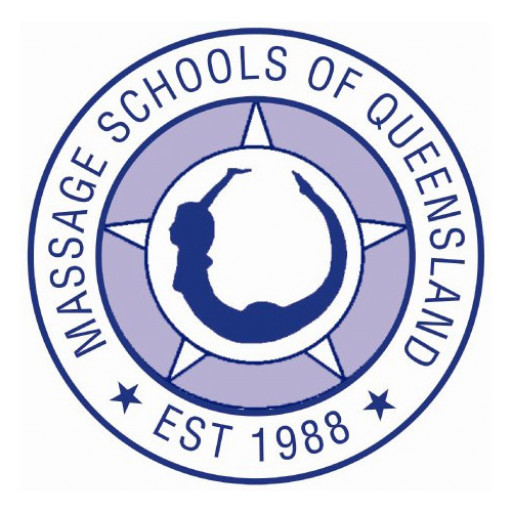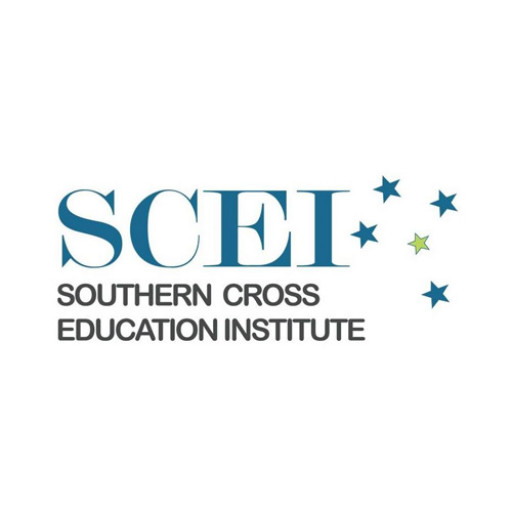The Master of Ocular Therapeutics at UNSW Sydney is a specialized postgraduate program designed to equip healthcare professionals with advanced knowledge and skills in the diagnosis, management, and innovative treatment of ocular conditions. This comprehensive program is tailored for optometrists, ophthalmologists, and other health practitioners seeking to deepen their expertise in ocular therapeutics, particularly in the context of modern therapeutic modalities such as pharmacological and injectable treatments. The curriculum emphasizes evidence-based practice, integrating the latest research developments and clinical techniques relevant to eye health and disease. Throughout the program, students will explore various topics including ocular pharmacology, drug delivery systems, clinical management of common and complex eye conditions, and emerging therapies in ocular health. The course also covers multidisciplinary approaches, collaboration with other healthcare providers, and the use of advanced diagnostic tools to enhance patient outcomes. Practical and clinical components are incorporated to ensure graduates develop the confidence and competency required for independent practice in ocular therapeutics. The program is delivered through a combination of lectures, seminars, practical workshops, and supervised clinical placements, fostering a dynamic learning environment. Graduates of this program will be well-prepared to take on advanced roles in clinical practice, contribute to research, and stay at the forefront of developments in ocular therapeutics. UNSW’s strong industry connections and state-of-the-art facilities ensure students receive an education that is relevant, current, and aligned with industry needs. This program not only enhances professional credentials but also positions graduates for leadership in eye care innovation and patient management. Enroll in the Master of Ocular Therapeutics at UNSW Sydney to advance your career and make a significant impact in the field of eye health.
The program has been developed to address the required Competency Standards for Ocular Therapeutics According to the Board of Optometrical Registration of NSW in conjunction with the University of New South Wales and recognised by the Optometry Council of Australia and New Zealand.
A undergraduate Bachelor of Science degree in Ocular Therapeutics at UNSW Sydney typically requires students to complete a comprehensive curriculum consisting of core coursework, electives, and practical training to ensure a thorough understanding of eye health, pharmacology, and therapeutic interventions. The program emphasizes foundational courses in biological sciences, chemistry, and anatomy, providing students with essential knowledge of the human visual system, ocular structure, and disease mechanisms. As students progress, they engage in specialized subjects such as ocular pharmacology, eye pathology, and patient care management, which are designed to prepare graduates for clinical and research roles in eye health.
In addition to theoretical coursework, the program includes laboratory work, supervised clinical placements, and research projects to develop practical skills and competency in eye examinations, diagnosis, and treatment planning. Students are required to complete specific units covering pharmacotherapeutic agents used in ocular disease, techniques in drug delivery systems, and the ethical considerations of patient treatment. Program requirements also stipulate participation in seminars, workshops, and interdisciplinary teamwork exercises to foster collaborative skills essential for future healthcare providers.
To meet graduation criteria, students must achieve a minimum overall grade point average as specified by the university, and successfully pass assessments in all compulsory units. A final-year research project or clinical placement component is often required, where students demonstrate their ability to apply theoretical knowledge in real-world settings. The program is designed to produce graduates who are well-equipped to pursue careers in optometry, pharmaceutical research, or further postgraduate study. Furthermore, students may need to fulfill professional accreditation requirements depending on their intended career pathway, which could include registration with relevant professional bodies or licensing authorities. Overall, the program's structure aims to produce competent, knowledgeable, and ethically responsible ocular health professionals capable of making significant contributions to eye care and therapeutic advancements.
The financing studies for the Ocular Therapeutics program at UNSW Sydney primarily involve a combination of government funding, scholarships, student loans, and personal financial contributions. As a leading Australian university, UNSW Sydney offers a range of financial aid options to support students pursuing postgraduate degrees in biomedical sciences and related fields. Commonwealth Supported Places (CSP) are available for eligible domestic students, allowing them to pay reduced tuition fees subsidized by the Australian government, thus significantly lowering the financial burden associated with advanced studies in ocular therapeutics. Additionally, UNSW provides numerous scholarships targeted at students demonstrating academic excellence, research potential, or financial need, such as the UNSW Scholarships, Faculty-specific awards, and external funding opportunities. For international students, tuition fees are generally higher, and they are responsible for full payment unless they secure external scholarships or sponsorships. Student loans, including Australian government loans like FEE-HELP, can assist eligible students in funding their tuition fees, offering advantageous repayment conditions upon graduation. Apart from direct funding options, students often supplement their finances through part-time work, internships, or research grants specific to ocular health projects. The university’s financial planning services also offer guidance on budgeting and application processes for scholarships and loans. International students seeking study visa sponsorships must demonstrate the ability to finance their studies, including tuition, living expenses, insurance, and other costs. The overall cost of pursuing the Ocular Therapeutics program at UNSW varies depending on residency status, chosen scholarship pathways, and personal financial circumstances. Students are encouraged to explore all available financial aid options early in their application process to ensure adequate preparation and support throughout their studies. Access to research funding and grants may also play a role for students engaged in research-intensive components of the program, further easing financial pressures. In summary, the financing of studies at UNSW Sydney is structured around a diverse set of internal and external funding options designed to make postgraduate education in ocular therapeutics accessible to qualified students from Australia and abroad.
The Master of Ocular Therapeutics at UNSW Sydney is a specialized postgraduate program designed for healthcare professionals seeking advanced knowledge and skills in the management of ocular diseases through pharmacological interventions. This program aims to equip optometrists, optometrists with additional qualifications, and other health practitioners with comprehensive expertise in the development, application, and evaluation of ocular therapeutics.
The curriculum integrates foundational principles of pharmacology, ocular pathology, and drug delivery systems, providing students with a thorough understanding of how various medications affect the eye. It covers a broad spectrum of topics including the pharmacokinetics and pharmacodynamics of ocular drugs, therapeutic treatment planning, and the latest advancements in ocular drug research. The program emphasizes evidence-based practice and encourages students to critically evaluate emerging research and incorporate innovative therapeutic strategies into clinical practice.
Students enrolled in this program benefit from a combination of theoretical coursework, practical training, and clinical placements that offer hands-on experience in prescribing and managing ocular medications. The program is designed to be flexible, accommodating working professionals through part-time study options and online learning components where applicable. Faculty members typically consist of leading experts in optometry, pharmacology, and ocular health, providing mentorship and guidance throughout the course.
The goal of the Master of Ocular Therapeutics is to prepare graduates to take on advanced roles within eye care clinics, hospitals, and research institutions, improving patient outcomes through the application of advanced therapeutic techniques. Graduates of this program are well-positioned to contribute to the advancement of ocular health care practices and to lead initiatives in ocular drug development and research. The program also supports professional development and lifelong learning for practitioners committed to staying current in this rapidly evolving field.
Please note that these details are compiled based on similar programs at UNSW Sydney and available official descriptions. For the most accurate and current information, refer to the official UNSW Sydney website or contact their admissions office directly.










